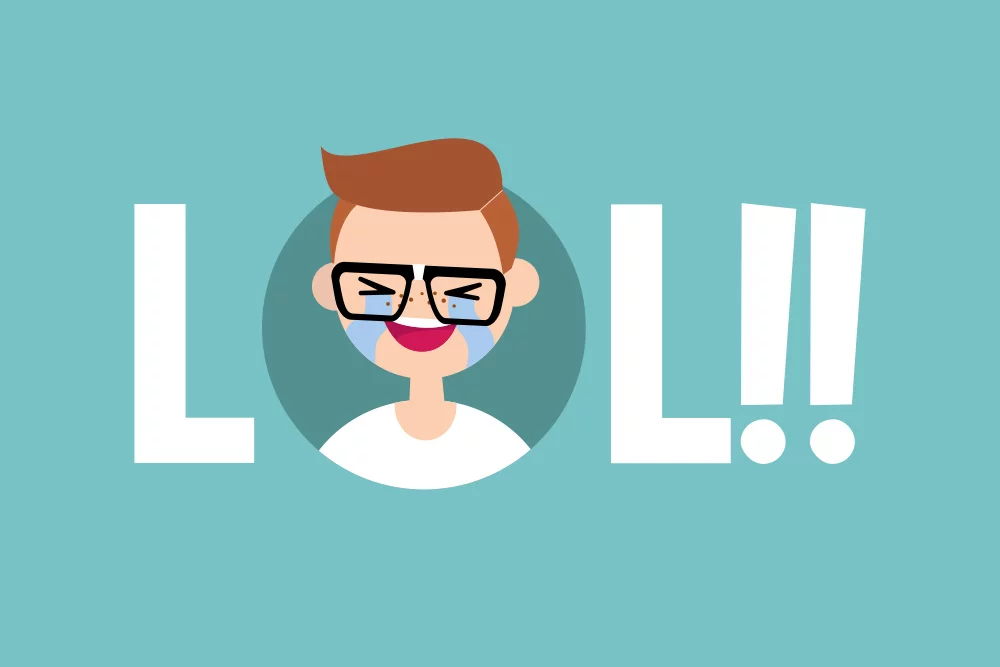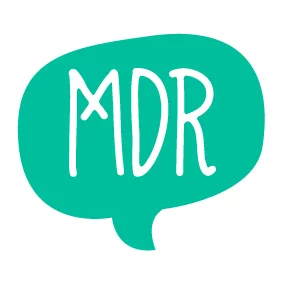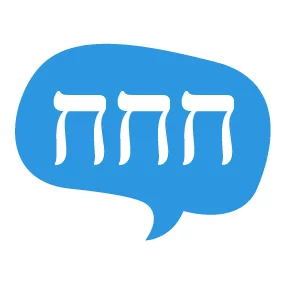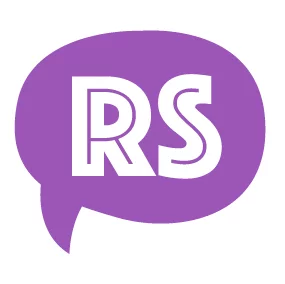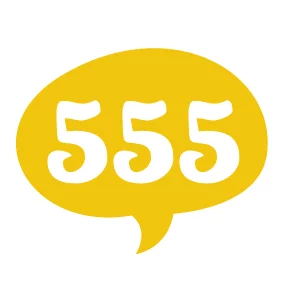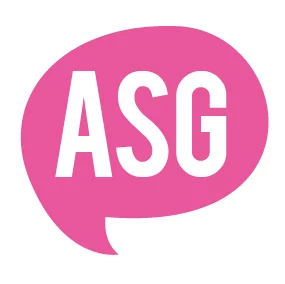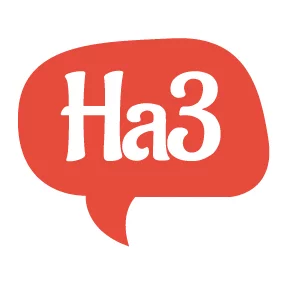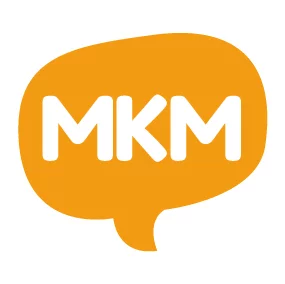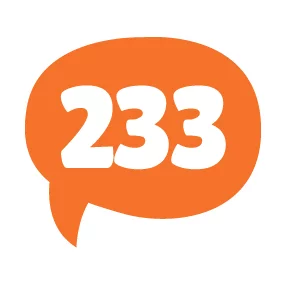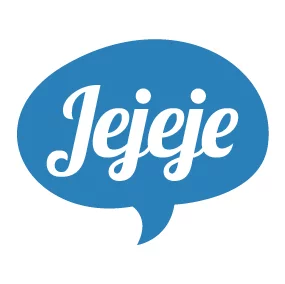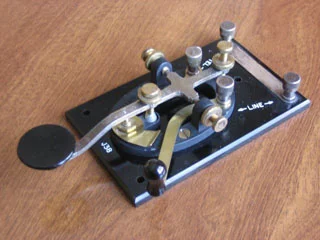“Laughing Out Loud” is one of the most used acronyms and types of internet slang out there. Each culture interprets and translates text slang differently. Do you know how you say LOL in 10 different languages?
In order to reduce the number of keystrokes and compensate for small character limits, we’ve come up with a plethora of ways communicating as much as possible with minimal effort. An endless and constantly growing list of acronyms, abbreviations, and slang was born, and is referred to as Internet slang, also known as text slang.
Internet slang originated in the early days of the Internet with some terms predating the Internet, even going back as far as World War II. Internet slang is frequent use in chat rooms, social networking services, online games, video games and in online communities.
Whether you love them or loathe them, some of the most popular abbreviations such as BRB (Be Right Back), OMG (Oh My God), WTF (What The F***), J/K (Just Kidding), and perhaps the most popular LOL (Laughing Out Loud), have even made their way into face-to-face communication.
International Internet Slang
Abbreviations are very popular in many countries like Japan, China, France, and Portugal, and are used according to the particular language that Internet users speak.
However, the difference in language sometimes results in miscommunication. One example is onomatopoeic, take “555” which in Chinese sounds like crying, but in Thai sounds like laughing.
A similar example exists between the English “haha” and the Spanish “jaja”. Both are onomatopoeic expressions of laughter, but the difference in language requires a different consonant for the same sound to be produced.
Due to the tough Internet regulations imposed in China, users tend to use certain slang to talk about sensitive issues. This has lead to a creation of terms that use symbols to separate the characters of a word into other to avoid government detection resulting in censorship.
In Chinese, the numerically based onomatopoeia “770880” (simplified Chinese: 亲亲你抱抱你; traditional Chinese: 親親你抱抱你) means to “kiss and hug you” which is the equivalent of “XOXO”. In French, “pkoi” is used instead of “pourquoi” meaning “why”.
Text Slang: The Birth of LOL
The oldest written record of the famous text slang acronym, LOL or lol (laugh(ing) out loud) was in a message typed by Wayne Pearson in the 1980s, from the archives of Usenet. Who would’ve thought that this three letter formation would make its way into the Oxford English Dictionary in March 2011?
Here’s how different cultures express laughter.
1. France
MDR
The French abbreviation of “mort de rire” which roughly translates to “died of laughter”.
2. Israel
חחח/ההה
The letter ח in Hebrew is pronounced ‘kh’ and ה is pronounced ‘h’. Putting them together makes the word khakhakha or hahaha (since vowels in Hebrew are generally not written).
3. Portugal and South America
RS
rs is an abbreviation of “risos”, which is the plural of “laugh”. Repeating it (“rsrsrsrsrs”) is often done to express longer laughter or laughing harder. Another popular use is “kkk”, which can also be repeated indefinitely. The letter k in Portuguese sounds similar to the ca in card, and therefore sounds like a laugh “cacacacaca” (also similar to that in Hebrew).
4. Thailand
555
The number five(๕) in Thai is pronounced “ha”, three of them sounds like “hahaha”.
5. Sweden
ASG
In Swedish, LOL is an abbreviattion of the term asgarv, which means intense laughter.
6. Malaysia
Ha3
ha3 means pronouncing ha three times, “hahaha”.
7. Afghanistan
MKM
These initials stand for “Ma Khanda Mikonom”, which translates to “I am laughing”.
8. Japan
WWW
In Japanese, the kanji character for laugh (笑) is used in the same way as lol. It can be read as kakko warai (literally “parentheses laugh”) or just wara. A w is also used as an abbreviation, and it is common for multiple w‘s to be chained together.
9. China
233
Made popular in an online forum in China to express laughter, users type 233 which refers to its emoji reference number.
10. Philippines
Jejeje
The letter “j” in Filipino languages is pronounced like an h, repeating “je” sounds like “hehehe”.
Morse Code
So, not that you’ll ever need it, but pre-dating the Internet and phone texting by a century, the way to express laughter in Morse code was by typing ‘di-di-di-dit di-dit, di-di-di-dit di-dit’. The sound of this in Morse is thought to represent chuckling similar to “hi hi”.
If you liked this, don’t miss these!
- 9 Perfectly Correct English Phrases That Will Break Your Brain
- Blond or Blonde: Why Do Genders in English Exist?
- 25 Wonderful Phrases Shakespeare Invented that You Use Every day
- Transatlantic Accent: Why Did Actors in Old Movies Have Weird Accents?
- 15 Country Flags and their Hidden Meanings You Won’t Be Able to Un-see
- 30 Incredible Stories Behind English Idioms and Phrases You Use Every Day
Sources
Wikipedia – LOL / Wikipedia – Internet Slang
Over to you!
What do you think about Internet slang? Do you use it? How do you say LOL in your language?
Let me know using the comments section below or join me on social media to start a conversation.
Thanks for reading and I hope you enjoyed this post.
Like what you see? Subscribe using the form below to have all of my posts delivered directly to your email.

